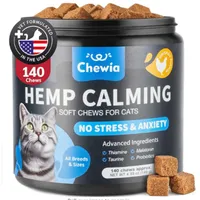Why do cats pant after playing? Our vet reveals the possible reasons
Want to know why cats pant after playing? We spoke to a vet to find out possible reasons and when you should be concerned.
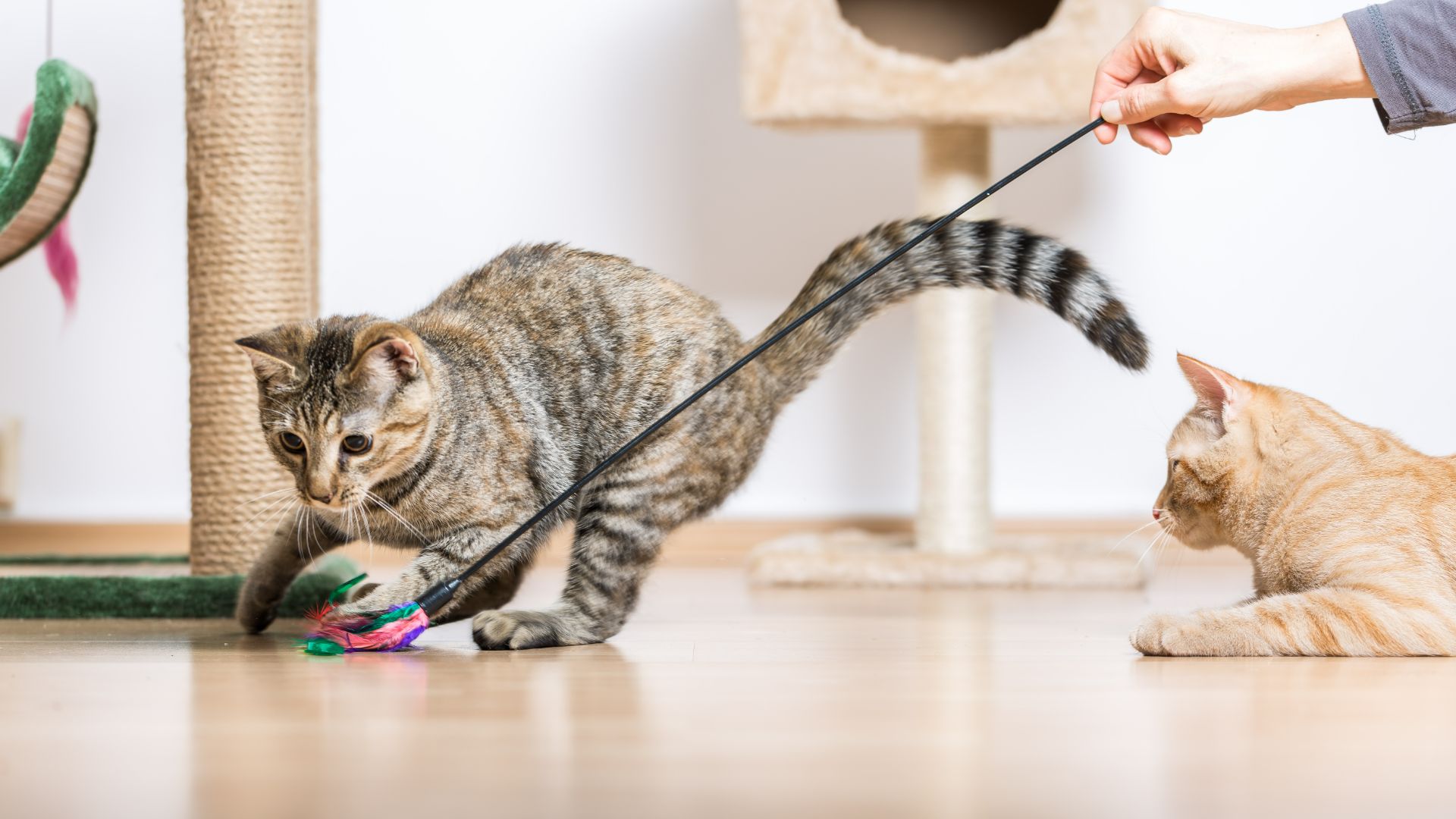
Why do cats pant after playing? If you've been playing around with your cat, you may have noticed them panting afterwards. While this may seem strange, as it is most commonly seen in dogs, cats panting is completely normal.
Just like their canine companions, cats pant to help themselves cool down. So if they've been working up a sweat while playing with one of the best cat toys, they may pant to help themselves cool off.
Our vet, Dr. Rebecca MacMillan weighs in on the reasons cats pant after playing, let's check them out.
Why do cats pant after playing?
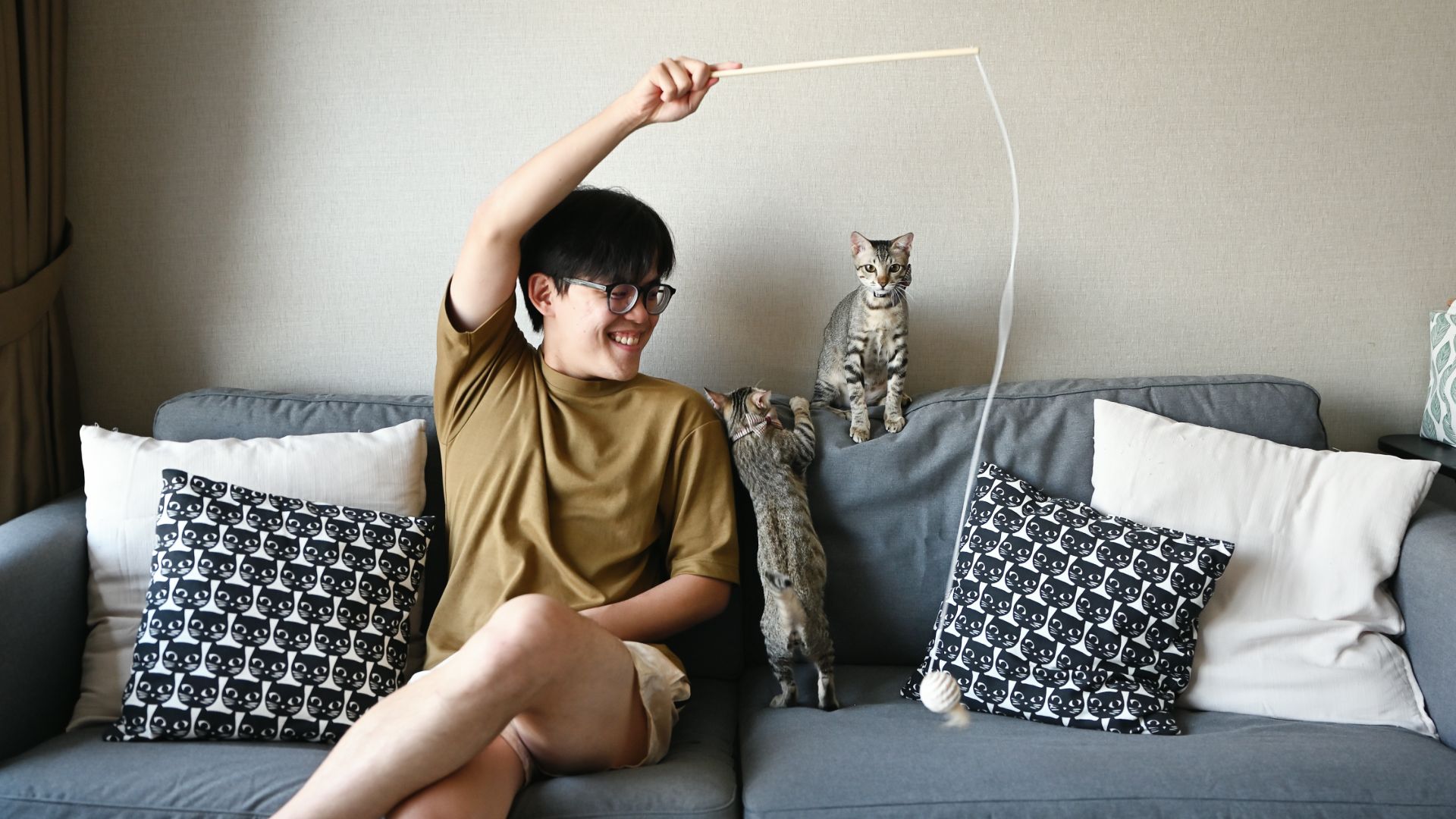
Cats pant after playing to keep themselves from overheating. Cats only sweat through the paws, so cooling down can be harder for them especially if they are one of the longhaired cat breeds.
Dr. MacMillan says, " Panting encourages heat loss by drawing cool air in and expelling hot air back out, as well as the associated evaporation of moisture from the mouth and airways." If you notice your cat panting and they seem to generally be fine, it is probably nothing to worry about.
You'll want to be sure that your cat has access to fresh water and they have somewhere to rest where they can cool off. If you have one of the cat breeds that enjoys the outdoors, you may want to invest in one of the best outdoor cat enclosures to ensure they have a cool space to relax in.
When should worry about cats panting?
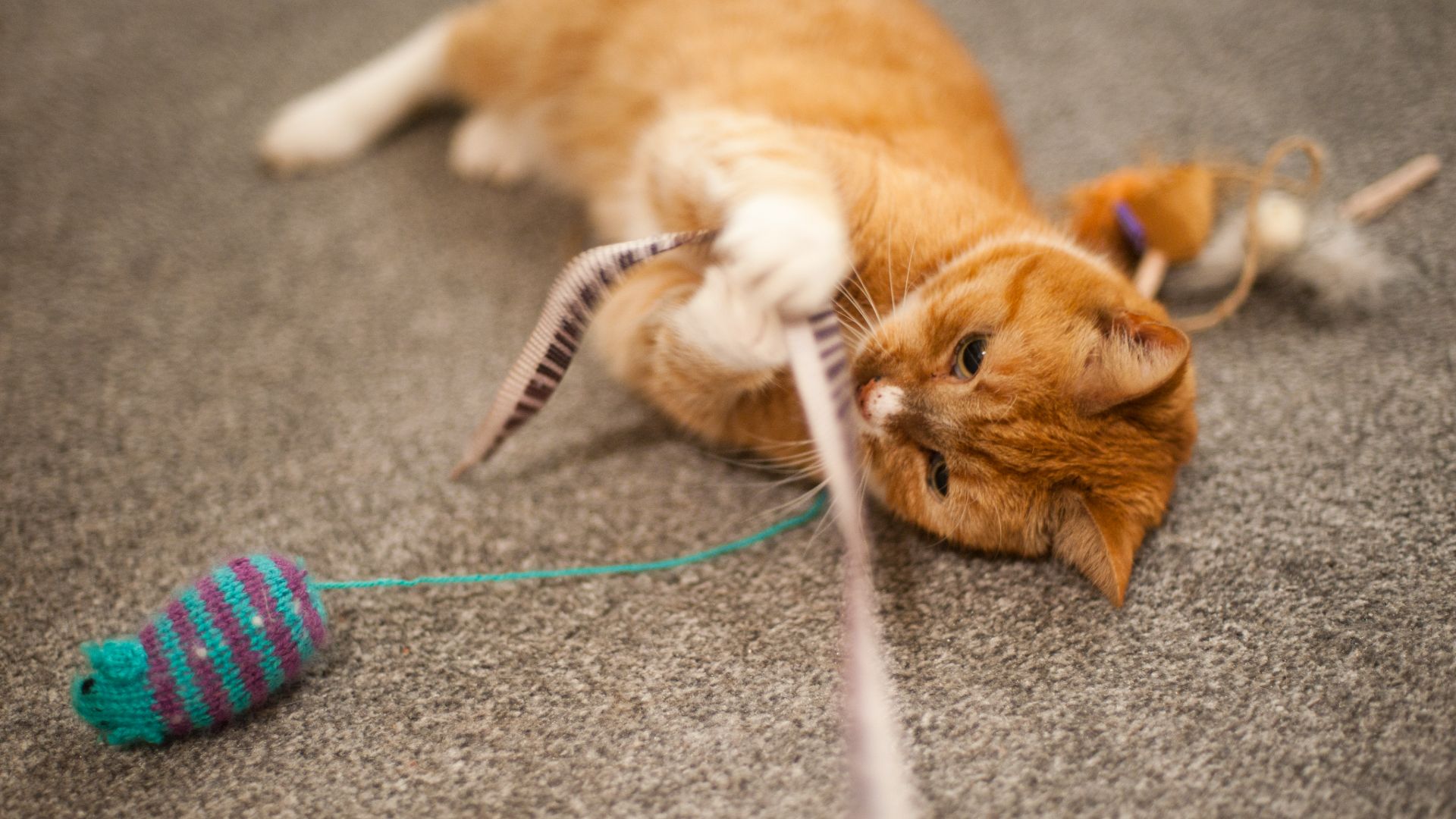
While cats panting is usually nothing to worry about, there a few instances where there may be something more going on. For example, if your cat is panting and it seems like they are struggling to breath, you need to see your vet right away.
Get the best advice, tips and top tech for your beloved Pets
Here are a few other reasons you'd want to make an appointment with a vet.
1. Health conditions
Panting can be a symptom of some of the most common illnesses that cats can get. Conditions like asthma, congestive heart failure, severe viral infections, anemia, and cancer, notes Dr. MacMillan
2. Heatstroke
This could more commonly be seen in cat breeds that are best for cold climates, but if your cat is overly hot, this may cause distressed panting. You will still want to be careful even if you have one of the best cat breeds for hot climates, as they can overheat too.
3. Stress or anxiety
Anxiety in cats is a very real thing and excessive panting may be a symptom of that. If you feel like your cat is stressed or anxious there are several ways to destress your cat that you can try out. Things like providing multiple litter boxes, lowering the volume of noises in the house, or even switching up their food can help.
Dr. MacMillan goes on to say, "If your cat is panting when they haven’t just been exercising, or if they have any other symptoms such as appetite changes, more respiratory effort (using their abdominal muscles to help breathe), and lethargy, this is abnormal."
Hemp Calming Care for Cats | Amazon
These calming chews are specifically formulated for cats and include ingredients such as L-Tryptophan and Chamomile to offer your feline the best stress and anxiety support.
Found this helpful? Discover why cats like hair ties and what does catnip do to cats.
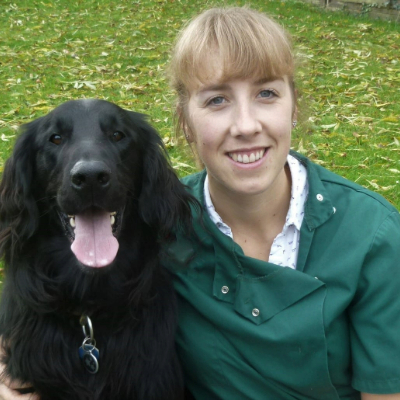
Rebecca is a veterinary surgeon who graduated in 2009 from the Royal Veterinary College in London. She has a wealth of experience in first opinion small animal practice, having done a mixture of day-to-day routine work, on-call emergency duties and managerial roles over the years. Rebecca enjoys medicine in particular and she is proud to have recently achieved a BSAVA postgraduate certificate in small animal medicine (with commendation).
She writes on various feline and canine topics, including behavior, nutrition, and health. Outside of work and writing she enjoys walking her own dog, spending time with her young family and baking!

Our staff writer, Alexis, is a digital content specialist and passionate pet advocate with a background in lifestyle journalism. Raised in a lively home filled with cats, dogs, and fish, she channels her lifelong love for animals into creating helpful, research-driven content for pet parents.
She collaborates with veterinary professionals to ensure accuracy and is currently pursuing additional pet care certifications.
A graduate of Bowling Green State University, Alexis has contributed to major UK and US publications, including Daily Mail, Space.com, and Black Women Rising Magazine.
